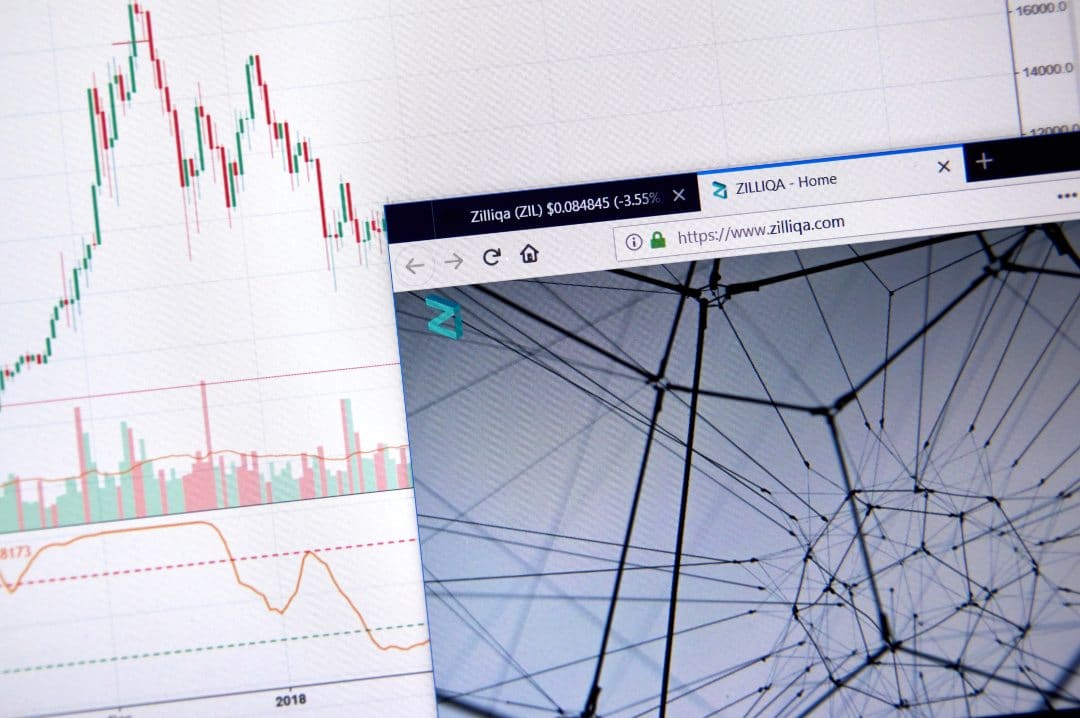Zilliqa has announced a partnership with Elliptic for AML compliance of its blockchain.
Thanks to this new partnership, the London-based blockchain monitoring startup will track the transactions recorded on Zilliqa’s blockchain for anti-money laundering purposes.
Elliptic will analyse both transactions in Zilliqa’s native cryptocurrency and those in the stablecoin XSGD, which is pegged to the Singapore dollar and is expected to be launched in December.
The aim of this collaboration is to protect transactions on Zilliqa’s blockchain from the risks of money laundering, so as to demonstrate that users of cryptocurrencies and tokens based on this blockchain are not using potentially illicit funds.
In particular, the launch of the Singapore dollar-anchored stablecoin has probably made this type of control all the more necessary, especially given the renewed interest of governments and regulators in this type of cryptocurrencies.
Indeed, there seems to be a real shield raising by the latter against tokens that can be used as an alternative to national currencies, without the need for KYC and without censorship.
The issue was raised by Libra and to date, no solution has been found. Zilliqa’s move could be along these lines, offering governments and regulators a good reason to reduce concerns about the use of these new technologies to finance illegal activities.
Elliptic has a lot of experience in this specific field and was one of the first startups to provide cryptocurrency transaction tracking services.
Elliptic’s chief scientist, Tom Robinson, said:
“Our tools enable these services to identify whether funds are being laundered through their businesses, by tracing each crypto-asset transaction all the way through the blockchain, to its source. If this source is one of the illicit wallets we have previously identified, the business is alerted and can take steps to prevent the money laundering from taking place”.
The President of Zilliqa, Amrit Kumar, added:
“While the promise of the digital economy is a truly exciting one, it is also imperative that established standards around security and compliance remain uncompromised”.




